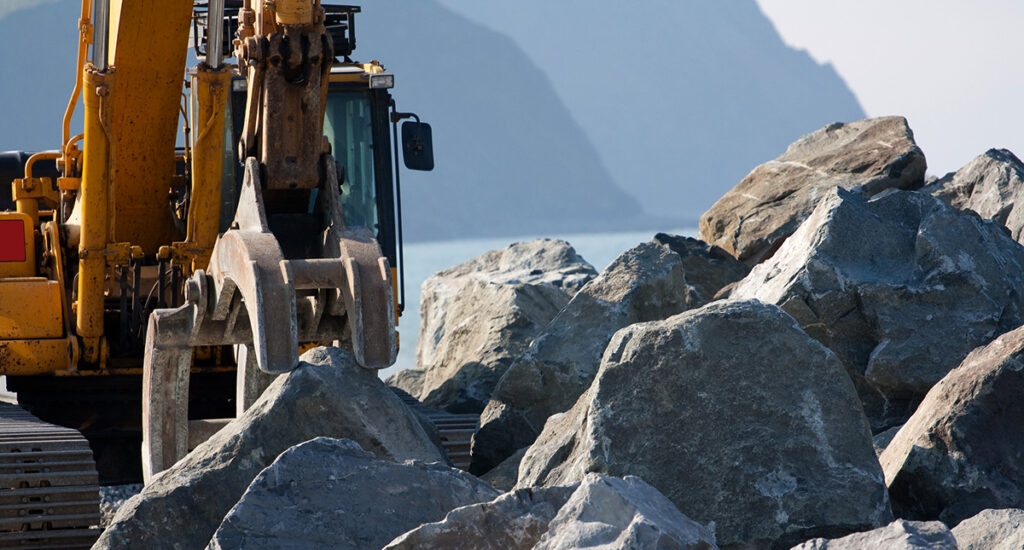We’ve done the talk. It’s time for the walk
The fallout and disasters directly attributed to Climate Change have become more frequent and disturbingly awesome over the last 12 months. And nowhere is this scenario more visible than on the North American continent where loss of human life, flash flooding, devastating landslides, and ever more powerful tornadoes have been steadily increasing. And Sea Level Rise (SLR) continues to claim land for the sea.
 The people of the Caribbean region have a lot about which to be concerned. Most major cities in the Caribbean, including state capitals, are built at or just above sea level. The highest population densities are in cities and towns close to the shoreline. Sea Level Rise will therefore disrupt Caribbean life, with far-reaching economic and social implications. Most of the infrastructure and superstructure for tourism, including the international airports, are in coastal areas, at (or about) sea level.
The people of the Caribbean region have a lot about which to be concerned. Most major cities in the Caribbean, including state capitals, are built at or just above sea level. The highest population densities are in cities and towns close to the shoreline. Sea Level Rise will therefore disrupt Caribbean life, with far-reaching economic and social implications. Most of the infrastructure and superstructure for tourism, including the international airports, are in coastal areas, at (or about) sea level.
As sea levels rise, there will be flooding of aquifers thus reducing availability of water for irrigation and human consumption.
Caribbean plans
Shielding our eyes from these images of gloom and doom will neither downgrade nor halt the process. Tropical storms and hurricanes will continue to generate even more devastating storm surges, ravaging what coastal infrastructure is left in already drowning cities.
Even with the most optimistic projections of global reduction in production of greenhouse gases, the current levels in the atmosphere almost guarantee that SLR will continue. Yet there is not much heard about specific Caribbean plans to combat this reality.
As death and destruction directly attributed to Climate Change increase and intensify around planet Earth, in all regions and through all seasons, questions about specific Caribbean-wide response action remain unanswered.
Portside Caribbean, since its inception in 2014, has been advocating the need for Climate Change and SLR to be a fixed agenda items in every forum, private or public, in which port owners and terminal operators participate. And over recent years, this simple act of including Climate Change in the discussion seems to have become reality. However, we are still at the early stage of signing Memoranda of Understanding to cooperate.
Real action
There is still no regional joint-action plan to protect Caribbean economies from the worst eventualities of Sea Level Rise, despite the fact that all the countries and territories in the region will be severely affected. In this regard, we are yet to see inspired urgent leadership from regional multilateral entities whose historical mission it is to promote and support regional development.

The various studies, presentations and reports over recent years must now form the basis of informed responses. The various Memoranda of Understanding between entities, which opened doors for cooperation and joint action, must now be put to good use.
Real action awaits consensus. However, the necessary local and regional discussions to determine, formulate and implement specific response strategies are yet to begin. We are still short of identifying response strategies around which to build local and regional consensus. At the local level, joint private-public strategy planning, as between port operators and port users, are yet to begin in earnest. And an inclusive Caribbean response to Climate Change and particularly the sustainability of port operations, is yet to be presented.
We have done the talking. It is now time to move to the next level – that of planning, budgeting, drafting and implementing projects.
Public-Private participation
Seaport terminals are at the heart of each country’s agricultural, commercial and industrial sectors. The planning and delivery of projects for surviving Climate Change therefore cannot proceed without the inclusion and active participation of private- and public-sector representatives of all economic sub-sectors.
Regardless of what strategies and responses are discussed and ultimately adopted to survive Climate Change, of one thing we can be sure: no single initiative or project will be sufficient to address the range consequences of global warming. There is no quick fix. All realistic responses will require ample time and financial capital to design, finance and implement.
It is now time for concrete action. []

- First published: 2023 May 01.





